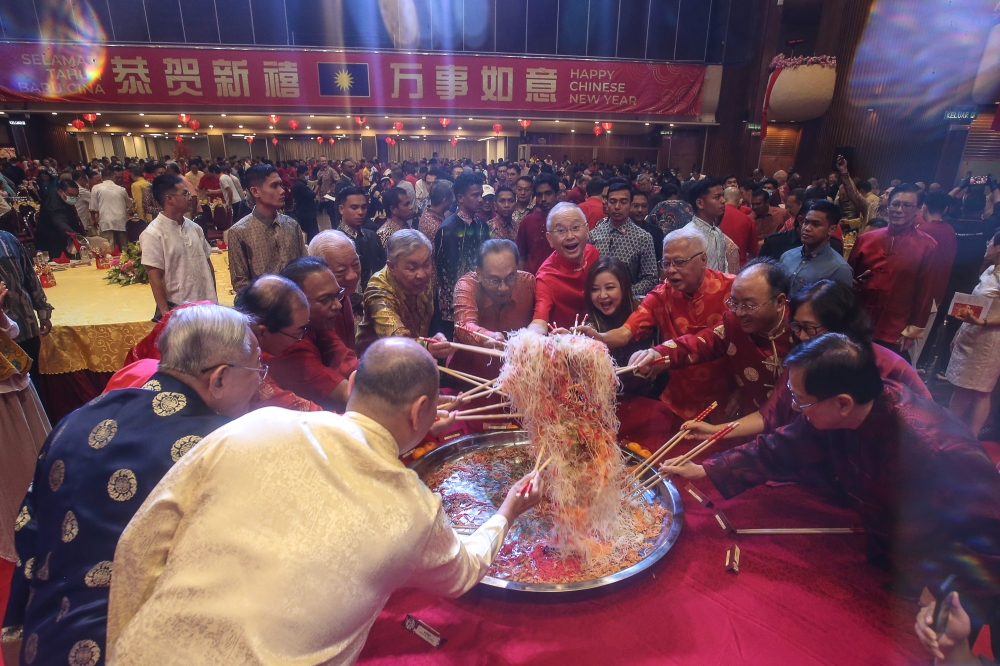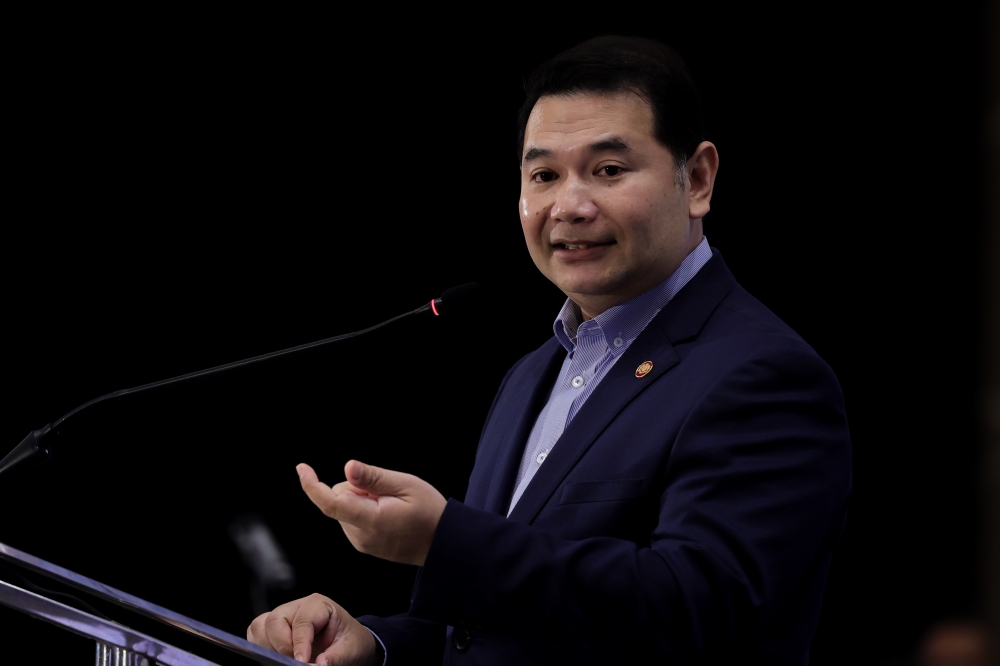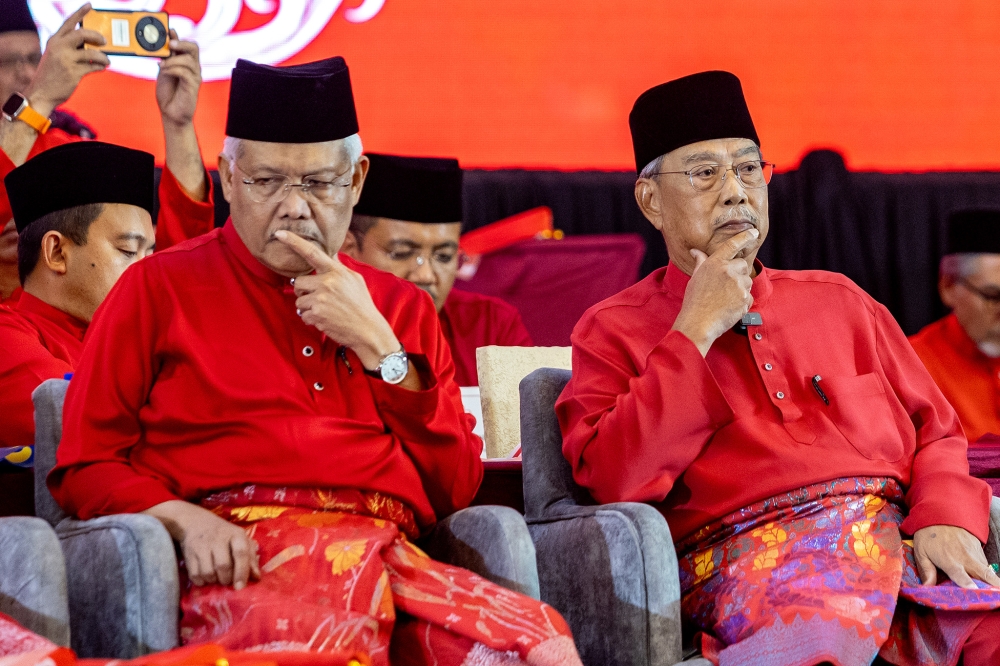APRIL 19 — In “What is an affidavit, and can it contain hearsay evidence?” I explain that where the legal proceeding is a final matter and not an interlocutory matter, hearsay evidence is not admissible.
So what is an interlocutory matter or application?
Interlocutory means in the meantime. An interlocutory application is a request made to the court for its interference in a matter arising in the progress of a cause or proceeding. This means that there must first be a legal proceeding commenced by a party.

When a legal proceeding has been commenced in a court, an interlocutory application is an application or request to the court to make an order before the court makes a final order in the proceedings.
Between the commencement of an action and its trial and during this intermediate, intervening period while the action is pending and possibly progressing towards the trial, interlocutory applications in the legal proceedings are necessary to bridge the gap between the start of an action and its trial.
This is so the court can deal with the rights of the parties during the pendency of the action. By nature, interlocutory proceedings are multifarious and diverse in their character, purpose and operation.
Interlocutory applications are of various kinds, which are designed to achieve many different procedural objectives and give rise to many consequences affecting the rights of the parties before the trial of action.
Interlocutory fulfil three main functions, namely:
1. preparatory;
2. provision of provisional remedies; and
3. disposal without trial.
The functions are not exhaustive and are not necessarily exclusive of each other, since some interlocutory proceedings may occasionally fulfill more than one of the purposes.
More than a century ago, Cotton J in Gilbert v Endean [1878] said that Interlocutory applications "do not decide the rights of parties", but are made for the purpose of keeping things status quo till the rights can be decided, or for the purpose of obtaining some direction of the court as to how the cause is to be conducted, as to what is to be done in the progress of the cause for the purpose of enabling the court ultimately to decide upon the rights of the parties.
The learned judge continued:
“[M]any of the cases which are brought before the Court on motions and on petitions, and which are therefore interlocutory in form, are not interlocutory within the meaning of that rule as regards evidence. They are to decide the rights of the parties, and whatever the form may be in which such questions are brought before the Court, in my opinion the evidence must be regulated by the ordinary rules, and must be such as would be admissible at the hearing of the cause.”
In short, where the application or matter before the court is not interlocutory, hearsay evidence is not admissible.
The exception to the rule against hearsay in an interlocutory application is found in Order 41 rule 5(2) of the Rules of Court 2012 which says that an affidavit sworn for the purpose of being used in interlocutory proceedings may contain statements of information or belief with the sources and grounds thereof.
Why is hearsay evidence admissible in interlocutory applications?
In the case of Lee Chin Ho & Anor V Syed Hussein Bin Salim Al-Attas & Anor [2000], High Court Judge Zainun Ali (as she then was) explained the rationale as follows:
“What then is the rationale for this exception to the hearsay rule? This was explained in clear terms by Peter Gibson J in Saving & Investments Bank Ltd v Gasco Investments (Netherlands) BV & Ors [1984] 1 WLR 271 that (at p 282):
... the purpose (of this exception) is to enable a deponent to put before the court in interlocutory proceedings, frequently in circumstances of great urgency, facts which he is not able of his own knowledge to prove but which, the deponent is informed and believes, can be proved by means which the deponent identifies by specifying the sources and grounds of his information and belief.
“Thus, under r 5(2), a deponent may give not only first hand hearsay evidence but also second hand hearsay evidence.
“To illustrate this, the deponent may say that 'I have been informed by A and believe that X ...'.
“The deponent may also say 'I have been informed by A that he has been informed by B that X, which I believe...' (see the case of Saving & Investment Bank's case).
“Judicial opinions seem at odds with regard to the question whether it is sufficient to comply with r 5(2) that the deponent should identify only the source of his information even though it is clear that the source was not the original source.
“In practice, it would appear that the grounds of the witness’ information or belief are frequently not stated. However, there is a stricture that a deponent should never state that he believes something unless he has applied his mind to the matter at hand and concluded that there are good grounds for his belief.”
Now, is an application for leave for judicial review under Order 53 rule 3(1) Rules of Court 2012 an interlocutory application?
The court before which the application for leave is made may well have to decide whether the leave application is an interlocutory application which would allow for hearsay evidence in an affidavit to be admissible.
*This is the personal opinion of the writer or publication and does not necessarily represent the views of Malay Mail.





















